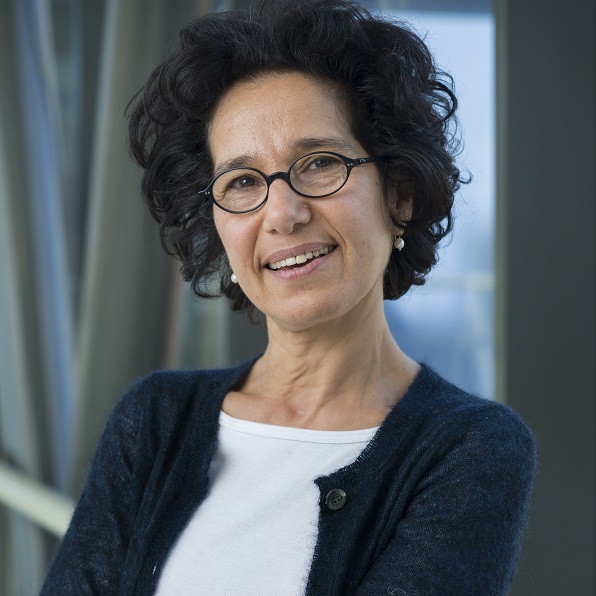
BIOGRAPHY
POSITION TITLE Professor, Leiden University Center of Infectious Diseases board member, head of Parasitology
PROFESSORSHIP: Cellular Immunology of Parasitic infections
EDUCATION/TRAINING
MSc (1982), London School of Hygiene and Tropical Medicine, London, Medical Parasitology
PhD (1987), University of Amsterdam, Immunobiology of Eosinophils
Current Positions and Honors:
Positions and employment
2005- Professor, Department of Parasitology, Leiden University Medical Center
2012- Head of Parasitology, Leiden University Medical Center
2010- Visiting Professor, Centre de Recherches Médicales de Lambaréné, Gabon
2014- Visiting Professor, University of Indonesia, Indonesia
2016- Visiting Professor, University of Hasanuddin, Indonesia
Other relevant experience and professional memberships
-Chair of management team of Theme Infection at LUMC
-Advisor- Indonesia Medical Education and Research Institute (IMERI)
-Advisor-Wellcome Trust Center for Molecular Parasitology, Glasgow University
-Steering committee of the Dutch Research Council NOW- WOTRO- Science for Development
-Elected member of the Academia Europaea
-Elected member of the Royal Netherlands Academy of Arts and Sciences
-Van Loghem laureate
-Spinoza lalureate
Statement:
Maria Yazdanbakhsh heads an interdisciplinary group of researchers in basic and clinical sciences who focus on understanding host-parasite interactions at the molecular, cellular and population level. The knowledge gained is being applied to contribute to 1) development of effective vaccines against parasitic diseases and 2) identification of parasite-derived immune modulatory molecules to control hyper-inflammatory diseases.
Her team’s studies have led to in depth characterization of highly specialized molecules that interact with the human host leading to immune modulation and metabolic change. This knowledge is used not only for anti-parasite vaccine development but also for developing new therapies for hyper inflammatory diseases with focus on asthma and type 2 diabetes. She has supported the establishment of the controlled human helminth infection center. The controlled infection models provide opportunities to test vaccines in a relatively short period of time and thus cut the costs and time. She is now concentrating on the effect of urbanization on the immune system and its consequences on health profiles. Through decades of work in Global South, she has developed technology platforms that in a minimally invasive manner can generate large datasets on the effect of environmental factors on the immune system.
Maria Yazdanbakhsh has supervised 35 PhD students who successfully defended their thesis and is currently the “promotor” of 12 PhD candidates. Some of the PhDs and MD/PhDs have taken prominent positions in academia, in directing research centers, in industry and in Governmental organizations, some in Indonesia.
Selected peer-reviewed publications:
Over 250 publications in peer-reviewed international journals- 91 in past 5 years:a selection is given below:
– de Jong S et al,……Yazdanbakhsh M. Systems analysis and controlled malaria infection in Europeans and Africans elucidate naturally acquired immunity. Nature Immunology 2021 May;22(5):654-665.
-de Ruiter K et al, …. Yazdanbakhsh M. Helminth infections drive heterogeneity in human type 2 and regulatory cells. Science Translational Medicine. 2020 Jan 1;12(524):eaaw3703.
-Langenberg MCC et al, ….Yazdanbakhsh M, Viisser LG, Roestenberg M. A controlled human Schistosoma mansoni infection model to advance novel drugs, vaccines and diagnostics. Nature Medicine 2020 Mar;26(3):326-332.
Research support:
Over the last 10 years, Maria Yazdanbakhsh has been principal investigator of grants with a sum exceeding 10 million Euros. Most funding is from the Netherlands National Medical Research Council, Netherlands Academy of Arts and Sciences, the European Commission and Charity.



